In 2021, the Forestry Administration of (FA) of Cambodia received financial support from AFoCO to organize an in-country community development training on “Community Livelihood Improvement through Seedling Production” for a forest community — Veal Okdey Forest Community — in Kampong Thom Province. The training is expected to provide the forest-based community with opportunities to improve their livelihoods while ensuring the sustainable utilization of forest resources through seedling production. This would allow the community to produce fruit tree seedlings for private plantations, wood tree seedlings for community forest restoration and rehabilitation, and an assortment of seedlings for small-scale businesses.
Carried out in three separate sessions — the first session provides the target community with the necessary skills to establish small-scale tree nursery and collect their desired seeds productively; the second session imparts knowledge on the germination and collection of seeds; and the third session teaches participants how to plant seedlings properly and care for saplings effectively. Throughout the training sessions, all participants were asked to administer rapid-antigen self-tests and obey the social distancing measures set by the Royal Government of Cambodia.
Organized from October 27 to 28, 2021, the 2nd session was organized by focusing on two topics:.
- Seeds germination (treatment)
The first topic is the treatment of collected seeds, sowing seeds in seedbeds, quality of seedlings, and marketing strategies of the produced seedlings. - Transplanting germinated seedlings and caring for the seedlings
The second topic involves methods of transplanting germinated seeds into plastic pots as well as how to care for seedlings, such as watering, weeding, spacing, replacing, roots, pruning, changing plastic pots, fertilizing, and hardening control pests and diseases.
During the theoretical learning segment, participatory discussions (brainstorming or plenary discussion), flipchart presentations, and group discussions were carried out. Participatory discussions were organized to share and exchange the participants’ existing knowledge about the topics before thorough explanations and clarifications were made through the flipchart presentations. The group discussions were organized to guide the participants for field practices and actual applications after the course.
During the field practices, all the participants were organized to mix their collected soils and rice husk for a mixture before putting it into the plastic pots with a sufficient amount for three tree nursery beds. Then they were organized to germinate four local wood species, Kranhoung, Beng, Thnong, and Kokoh. As a result, more than 400 pots transplanted with germinated seedlings were arranged in the three nursery beds.
To identify marketing strategies for selling their produced seedlings, besides selecting the most favorable species and producing high-quality seedlings, they decided to find local markets for selling the seedlings. At the same time, they are less than three years old. After that, a wood plantation will be created for the remained seedlings and continue to sell the saplings following their diameters and height. Then collecting and selling their seeds will be added if some trees become mature, and lastly sell their timber if they reach the required cutting sizes.
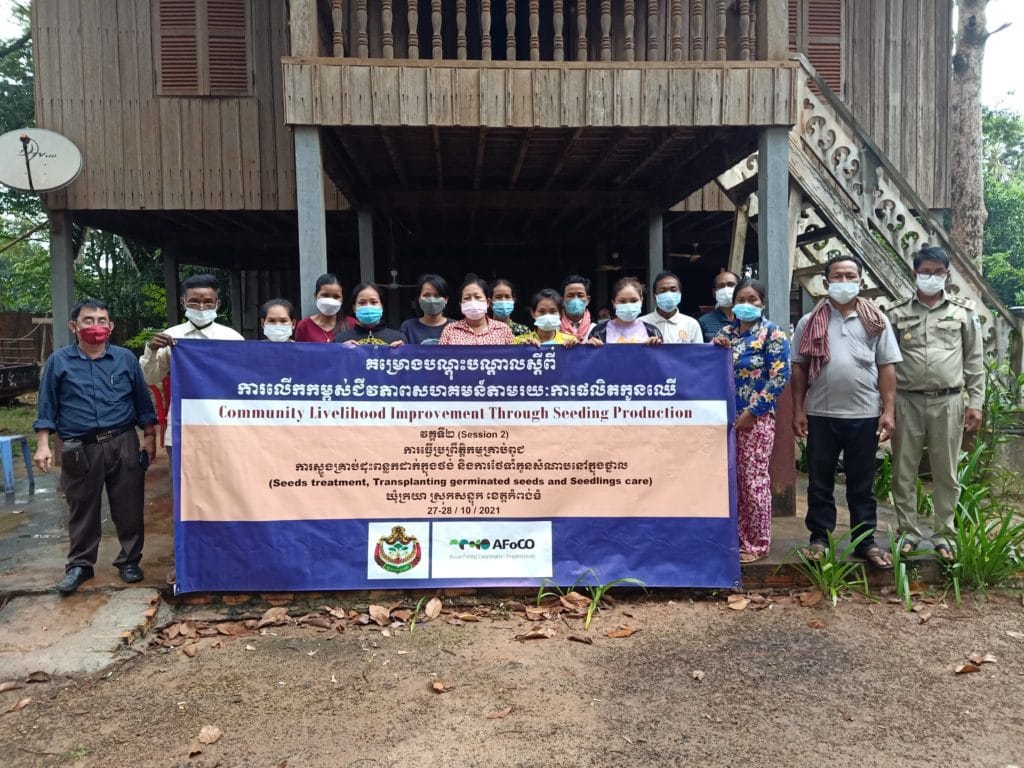
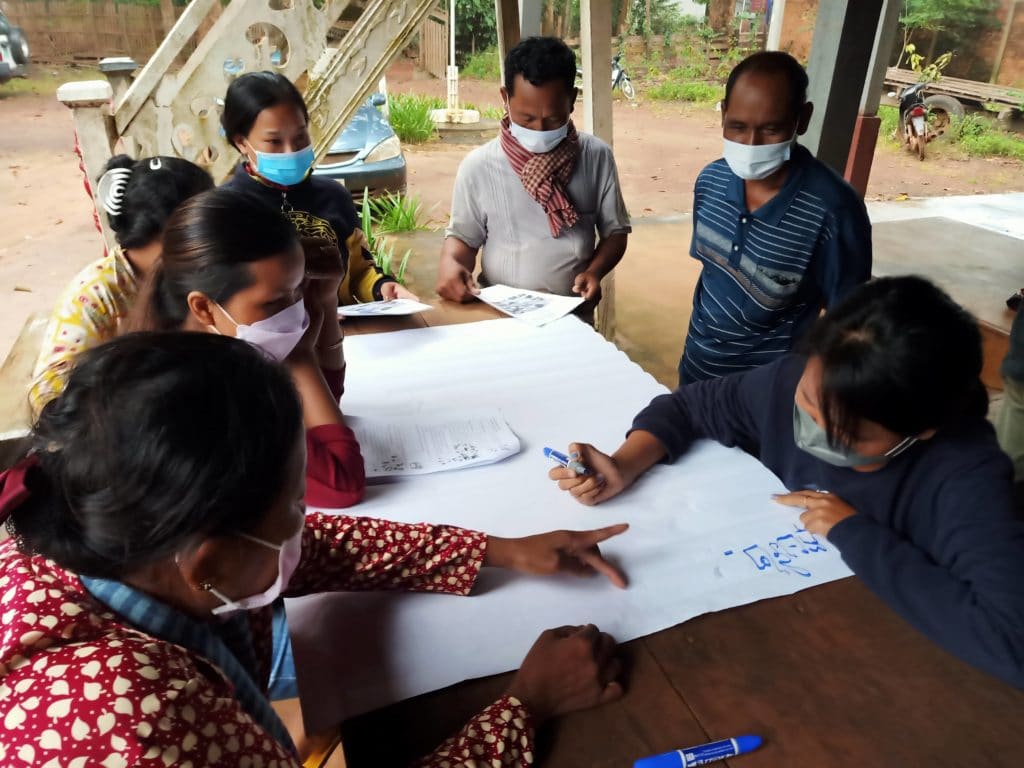
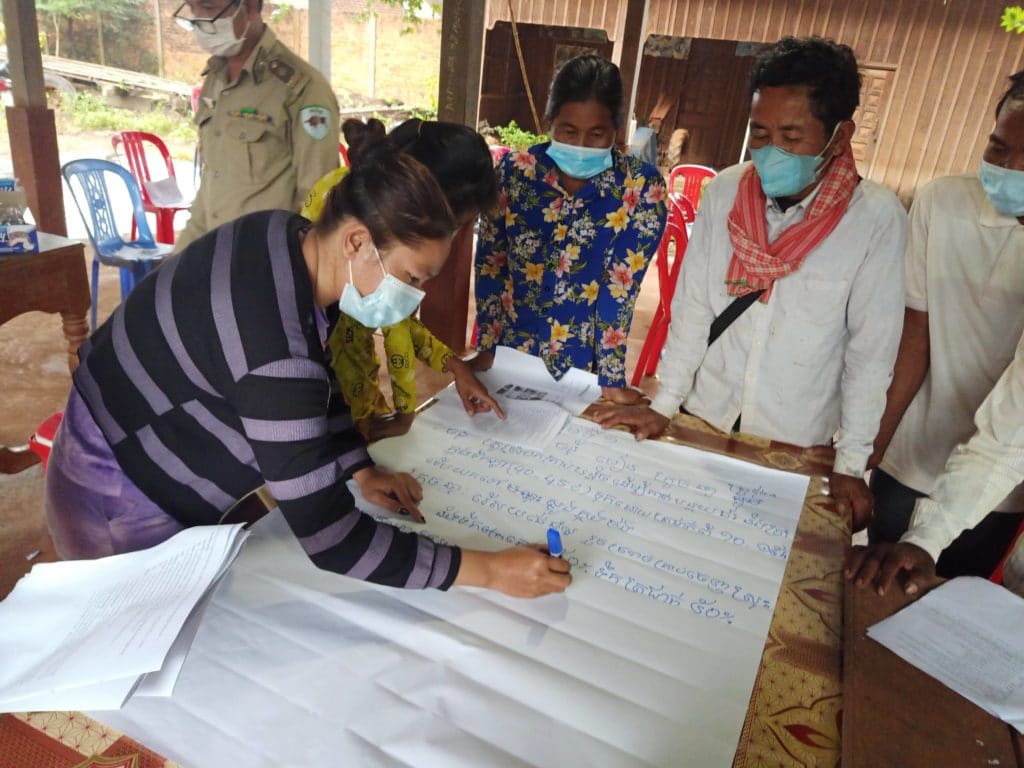
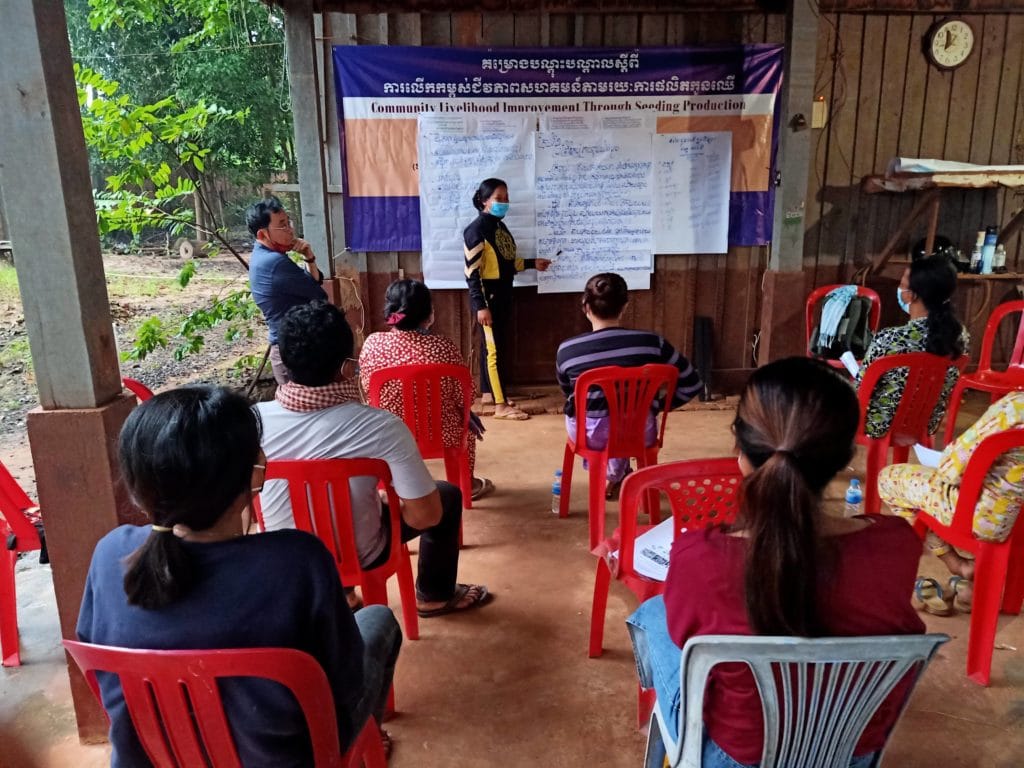
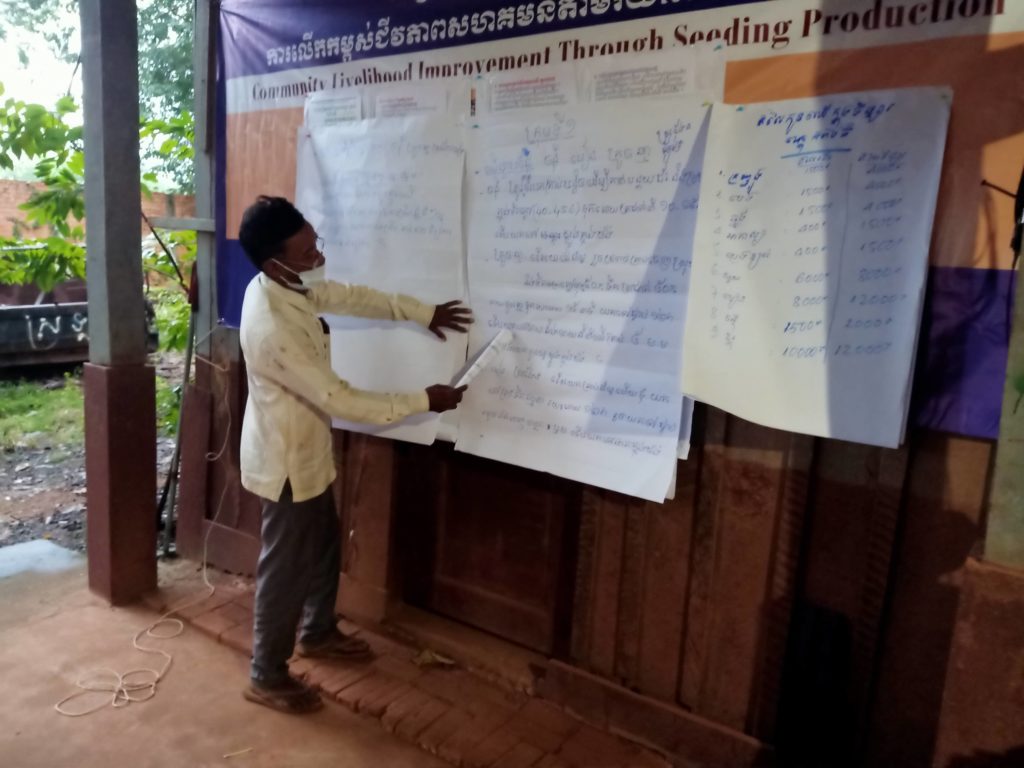
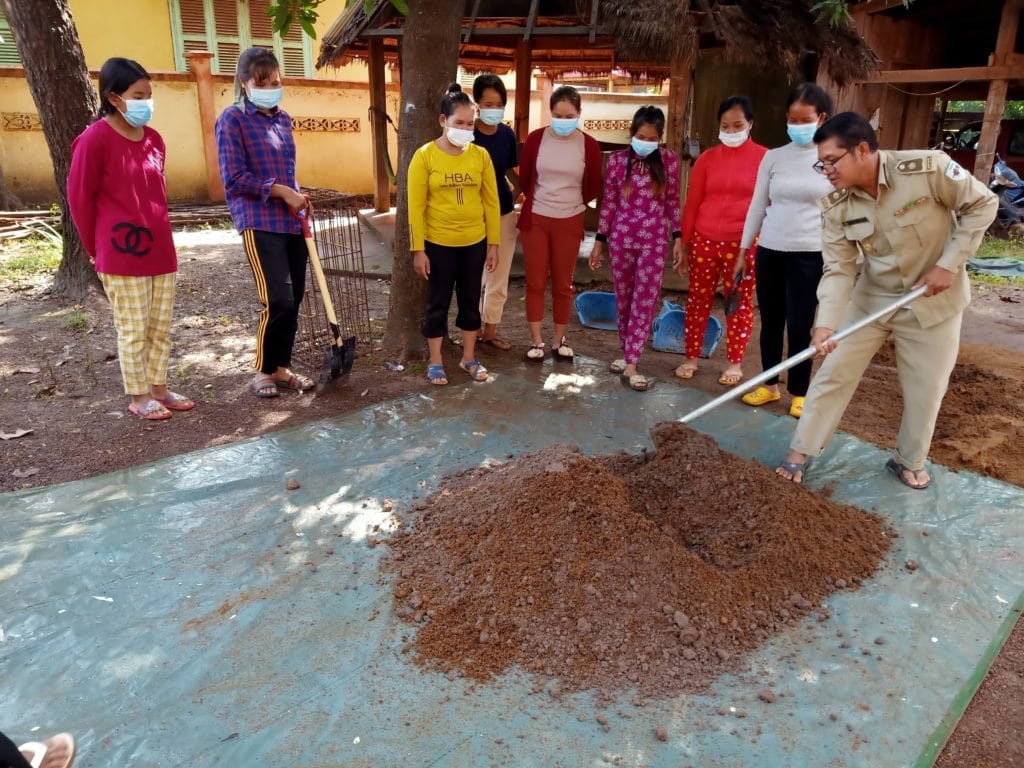
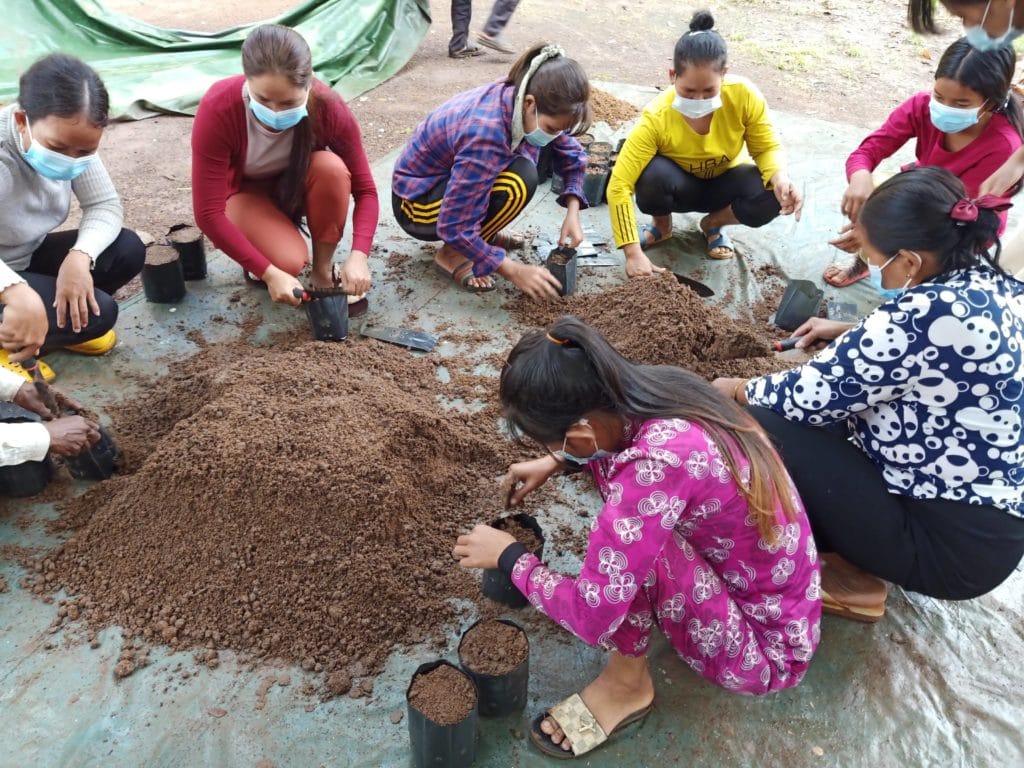
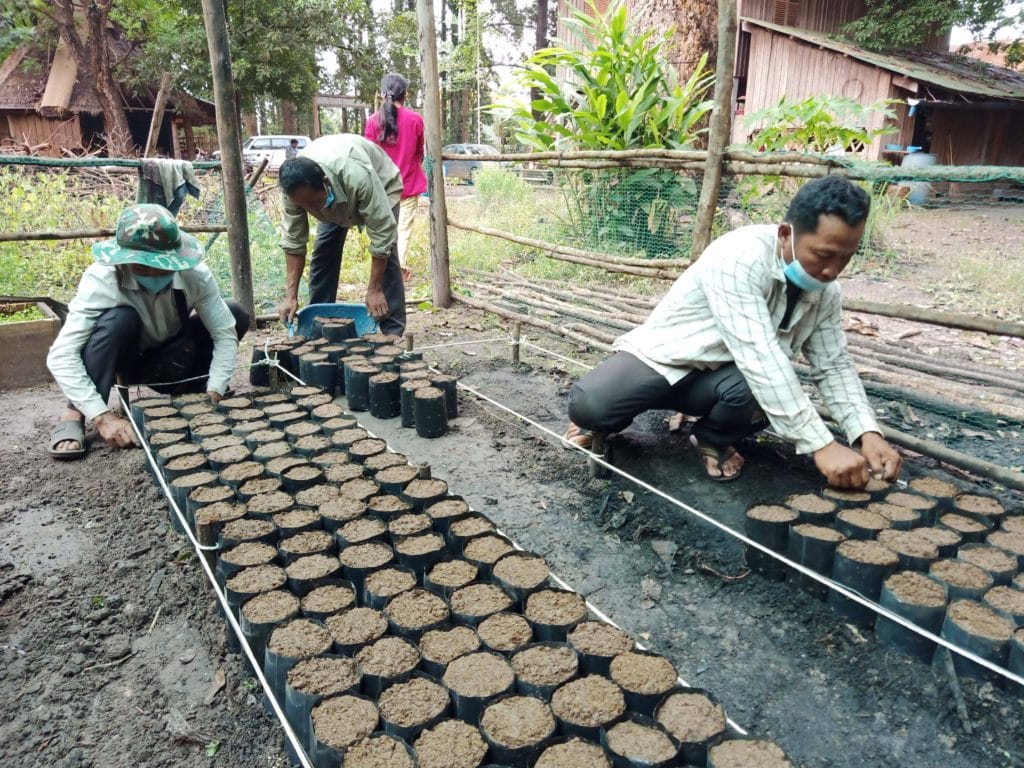
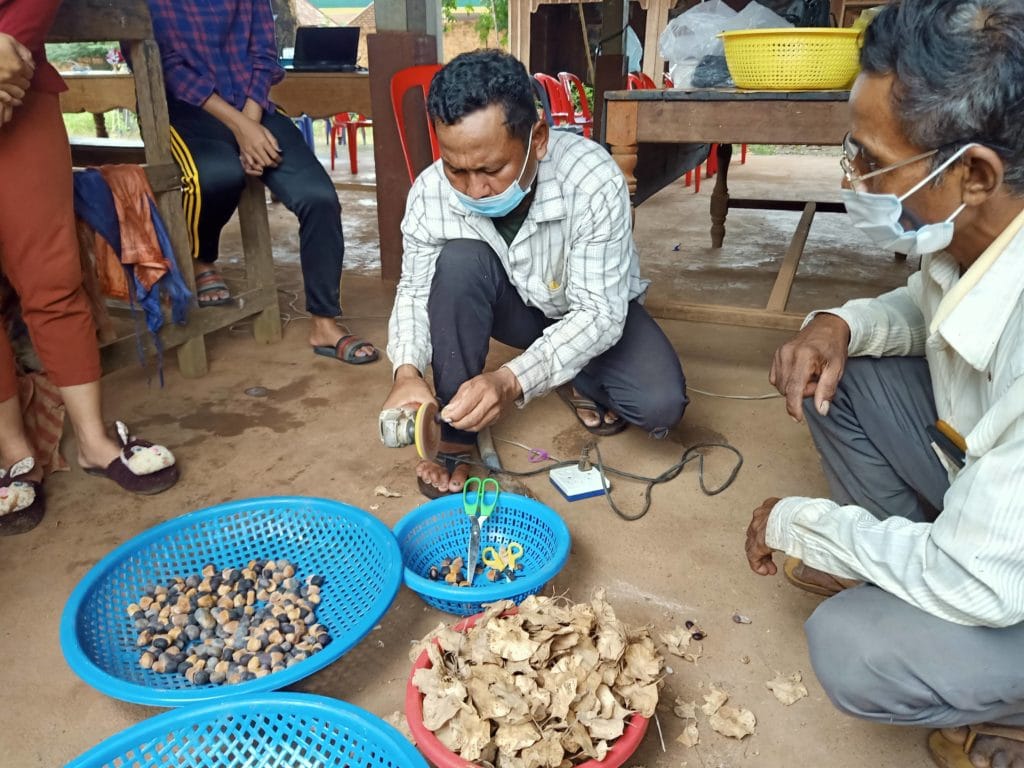
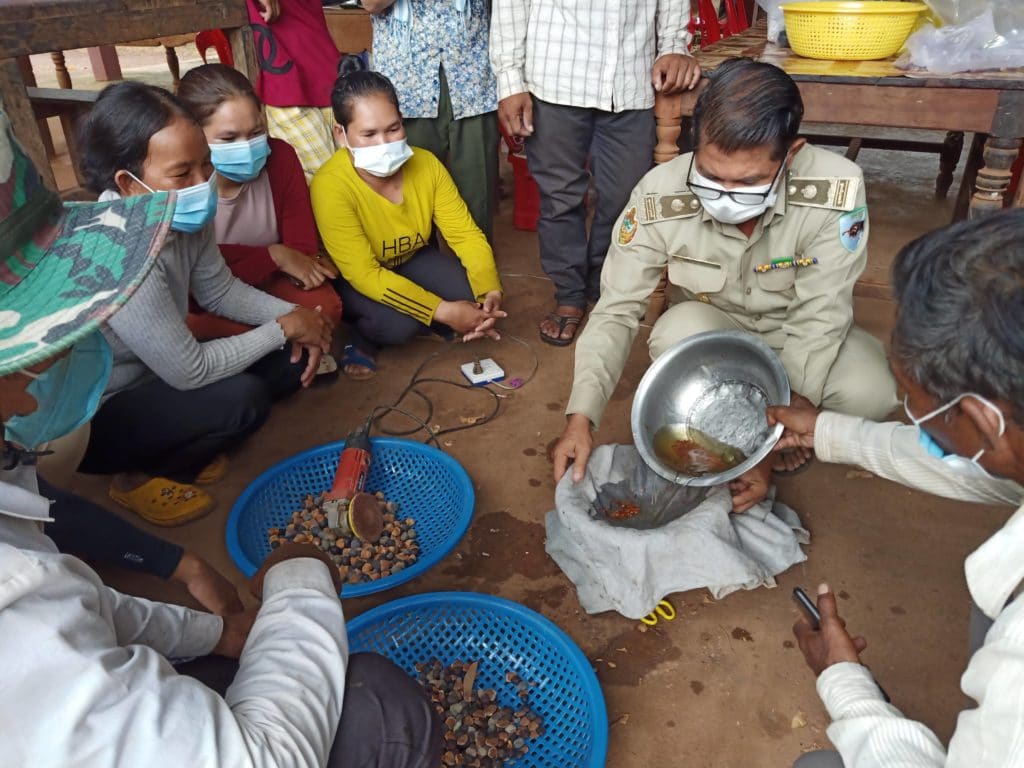
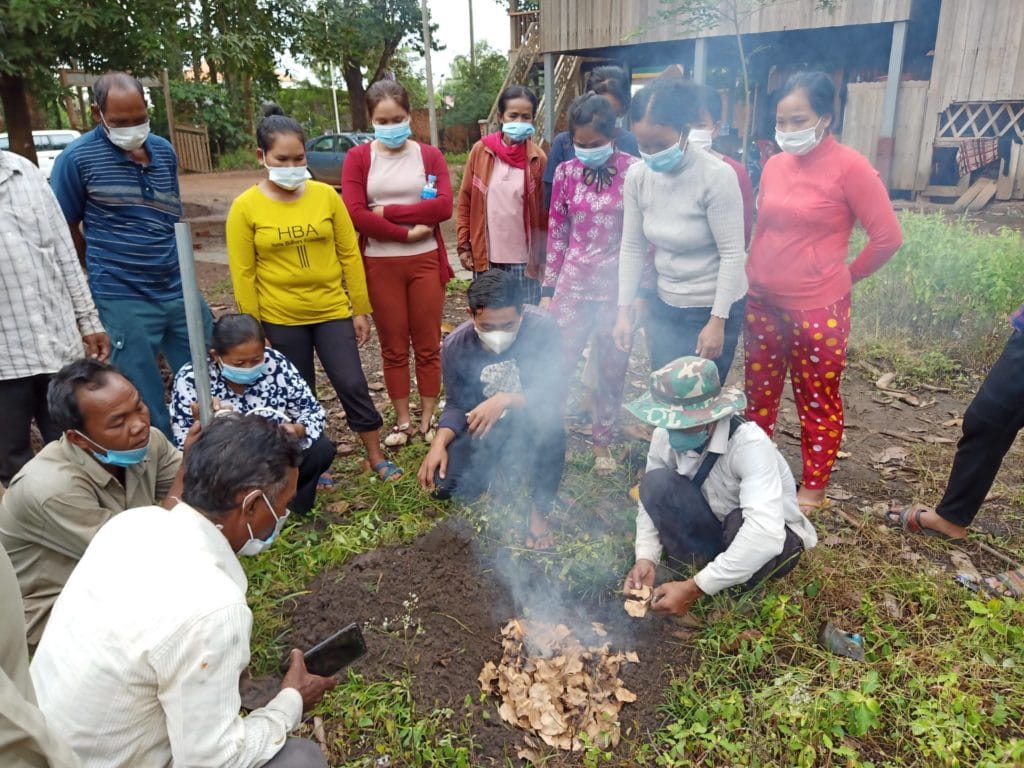
Contributed by Hem Chanrithy, Chief of Forest and Wildlife Training Center, Cambodia

